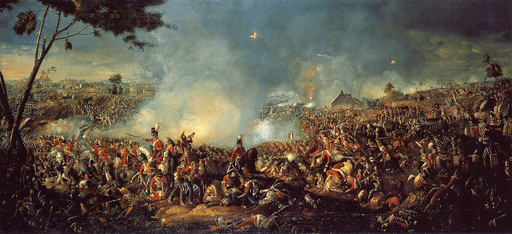War vs Battle
Many people confuse the concepts of war and battle and often use them interchangeably, which is incorrect. Both words can be used as nouns or verbs, but their meanings are different. To gain a clear understanding of the differences between war and battle, it is important to examine their definitions and how they are used in various contexts.
More about War and Battle …
Throughout the history of human civilization, there have been countless wars and battles. Wars are large-scale conflicts with significant consequences, while battles are smaller-scale episodes that take place within a war. For example, when a doctor announces a new vaccine developed in the fight against cancer, they may say that an important battle has been won, but the war against the disease is not yet over. A war is a mission that continues until the objective is achieved, and battles are smaller goals that help progress toward the final objective.
World Wars I and II are prime examples of wars that involved many battles. These wars caused massive destruction and loss of life, but the devastation did not occur all at once or in one location. Instead, the wars were composed of numerous battles fought between rival countries on various fronts. Battles are important components of war, but they do not constitute the entire picture; it is only when all the battles are considered together that their importance in a war becomes clear.
When two countries are at war, they engage in many battles over an extended period. Some battles may be won by one country, while others are won by the opposing country. However, the war is ultimately won by the country that achieves a decisive victory over its enemy. In this context, a war is like a big picture, and battles are like jigsaw puzzle pieces that complete the image. The outcome of a war is not determined by a single battle, which is why there is a saying, “You may have won a battle, but not the war.”
A boxing match between two players can also serve as an analogy for war and battle. The match consists of several rounds, and the winner is the player who wins more rounds or earns more points overall. In this example, the match can be considered the war, and the rounds can be considered the battles. A player may win all previous rounds, but if their opponent knocks them out in the final round, the opponent is declared the winner.
Key Takeaways
- A battle is a small part of a war, and a war is made up of several battles.
- Battle refers to the actual fighting that takes place, while war encompasses strategy and planning.
- The outcome of a single battle does not determine the winner of a war.
